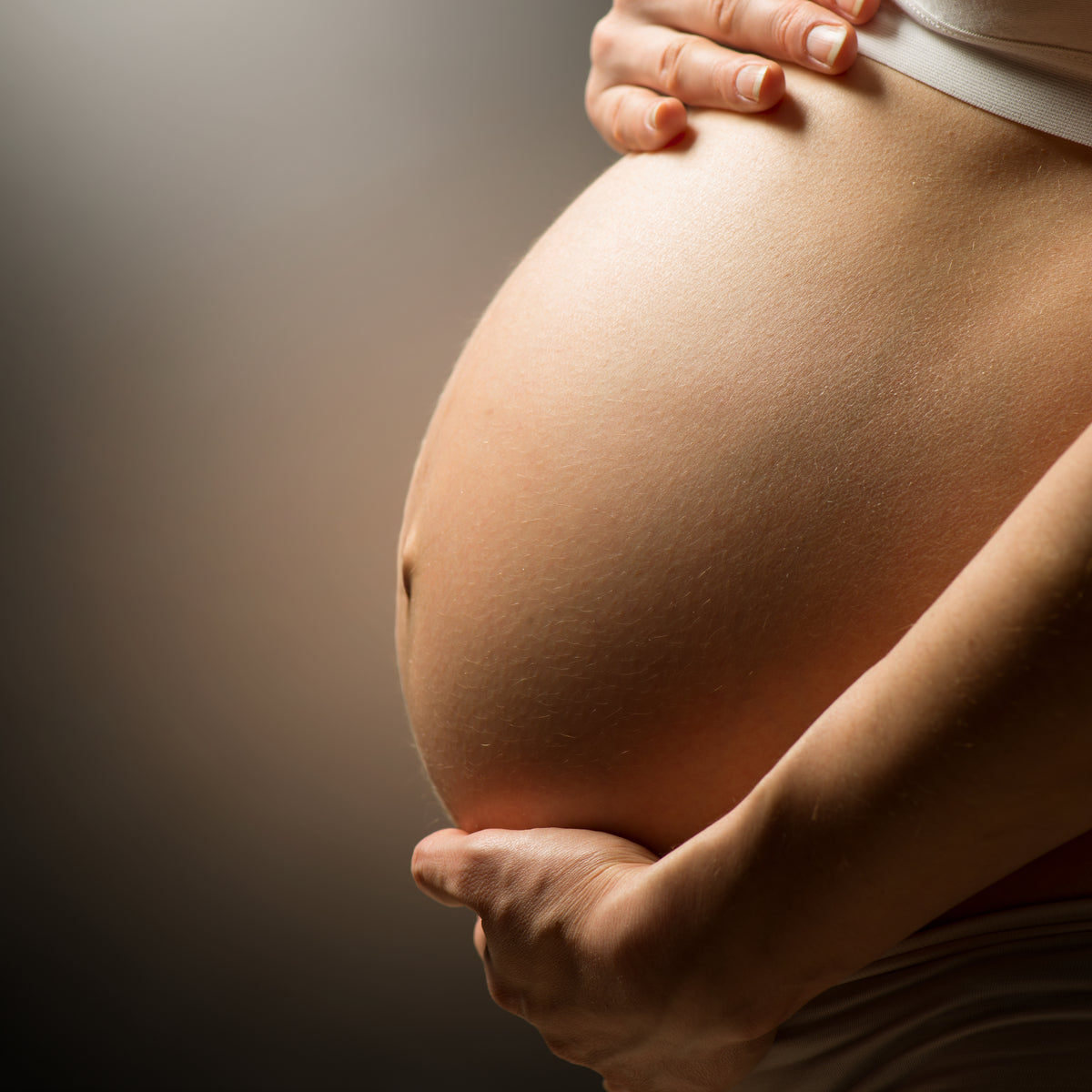Pregnancy After Weight Loss Surgery FAQs
The reason that people have weight loss surgery is to improve their future. For many patients, that future can include a dream of starting or growing their family. Obesity can interfere with fertility and make it difficult or impossible to get pregnant. Bariatric surgery may be able to improve your chances of getting pregnant, but are there any additional considerations? Here are FAQs on pregnancy after weight loss surgery.
Severe obesity interferes with hormones. It can prevent regular ovulation and increase the chance of miscarriage. Weight loss after bariatric surgery can help balance hormones and improve other factors related to fertility. It can reduce the risk of miscarriage and increase ovulation regularity.
By the way, weight loss surgery doesn’t just improve fertility for women. Men who get weight loss surgery can have normalized hormone balance and increased sperm count.
After bariatric surgery, the focus is on recovery and then rapid weight loss. It’s best to wait a while before trying to conceive. The American College of Obstetricians and Gynecologists (ACOG) says to wait 12 to 24 months. That way, your weight can stabilize before you put your body through the rigors of a pregnancy. It also appears that waiting longer after weight loss surgery before trying to conceive reduces the chances of spontaneous abortion.
In the meantime, you might want to use birth control. It’s important to talk to your doctor or surgeon about options for birth control before your surgery or after it. Oral contraceptives, or birth control pills, may not work for post-op bariatric surgery patients if you’ve had a malabsorptive procedure such as gastric bypass. Instead, an IUD or Norplant may be more appropriate for your case.
It’s important to gain enough weight during pregnancy because lower weight gain is associated with lower birth weight, and that’s linked to higher risk for health concerns later in life. Still, it’s sometimes challenging for women to shift to a weight gain mindset after working so hard to lose weight. The best thing to do is to talk to your ob-gyn about appropriate weight gain. Some women lose weight in the first trimester due to nausea.
For women who start out obese, a weight gain of 11 to 20 pounds is generally recommended. For overweight women, a gain of 15 to 25 lbs. is the common goal. However, your own goal should be personalized by your provider.
It turns out that the recommendations regarding C-sections aren’t really different for post-op bariatric surgery patients than for other women. You may be at higher risk for needing a C-section if you had one in a previous pregnancy. You can lower your chances of needing a C-section by exercising during pregnancy and keeping your nutrition in check.
There’s no evidence that babies born to women who had weight loss surgery are at any higher risk of birth defects than other babies, according to ACOG. To lower the risk, it’s best to stay nourished and follow your healthcare team’s recommendations before and during pregnancy.
Obstetricians suggest a prenatal multivitamin and mineral supplement for all pregnant women and women who may become pregnant. Compared to a regular multivitamin and mineral supplement, a prenatal supplement can have higher amounts of certain nutrients. Still, they may not be adequate for a post-op bariatric surgery patient.
According to ACOG, the micronutrients to be especially aware of are, iron, folate, calcium, and vitamins D and B12. Talk to your healthcare provider about a good supplement. The BariatricPal Store has several prenatal supplements that may be appropriate, including these.*
- Celebrate Prenatal Multivitamin Capsules. These come in capsules designed for you to take one per day. They have lower amounts of vitamin A, as recommended by experts, and higher amounts of B vitamins and vitamin D.They also have choline, which is not an essential vitamin or mineral, but which the American Medical Association recommends for pregnant women.
- ProCare Health Bariatric Multivitamin Capsule and Prenatal. These veggie capsules are free from gluten, dairy, and soy. They have vitamins and minerals and are especially high in target nutrients such as iron and folic acid. They have prebiotics to aid digestion during this time. They also have a blend with red raspberry, dandelion root, and ginger to reduce nausea. The serving size is 2 capsules per day.
- Methyl Vitamin B12 with Folic Acid by NOW Foods. This has 60 lozenges with 5000 mcg of vitamin B12 and 400 mcg of folic acid in a vegetarian formula. Vitamin B12 is needed for energy production and healthy red blood cells, and folic acid is essential for preventing neural tube birth defects in embryos.
- Vitamin B12 and Folic Acid Supplement Liquid Blister Ampules by Doctors Designs. If you’re having trouble getting enough folic acid and vitamin B12, these can help. Each blister pack has 200 mg of each of these B vitamins. There are 30 blister packs per box. Just squeeze them into your mouth, enjoy the honey flavor as you swirl the contents around your mouth, and then swallow after you begin to salivate.
Ask your doctor which supplements may be best for you!
There’s no reason not to breastfeed after bariatric surgery. As any new mother may learn, it can take some preparation and persistence whether or not you’ve had bariatric surgery. Talk to your healthcare provider for tips and ask about additional support for breastfeeding.
*The Food and Drug Administration has not evaluated these statements. BariatricPal products are not intended to diagnose, treat, cure or prevent any disease. Anyone with a medical condition should seek the advice of a licensed medical practitioner. Individual results may vary.





































































































